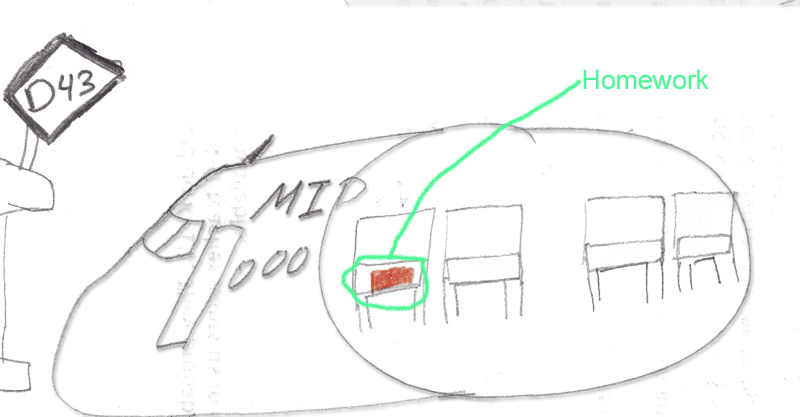My guest for this week’s podcast is John Wilkin. He’s the director of the University of Michigan Library’s technology department, and coordinator of the library’s joint digitization project with Google. It’s been two years since Google began partnering with the University of Michigan and with other libraries, including Harvard and the New York Public Library. In this conversation we talk about the UM’s earlier (and still-ongoing) efforts to digitize its 7-million-volume library, about how the partnership with Google has radically accelerated that process, and about what this is all going to mean for libraries, for publishers, for Google, and for all of us. …
The Google Library deals have been controversial (rightly so). The UW-Madison also has a deal with Google.

